The June 12, 1993, presidential election stands as a defining moment in Nigeria’s political history—a day that captured the collective hope of a nation yearning for genuine democracy. Widely regarded as the freest and fairest election in Nigeria’s post-independence era, it featured two prominent contenders: Chief Moshood Kashimawo Olawale Abiola (popularly known as MKO Abiola) and Alhaji Bashir Tofa.
The election was remarkable not only for its transparent and peaceful conduct but also for its ability to transcend ethnic and religious divisions—an extraordinary feat in a country often marked by such fault lines. In a testament to Abiola’s broad appeal, he even won the polling unit of his opponent, Bashir Tofa. Abiola’s campaign resonated with ordinary Nigerians through his powerful message of “Hope ‘93,” promising improved living conditions, social justice, and economic revival.
But this historic mandate was cruelly short-lived. The military regime, led by General Ibrahim Babangida, annulled the election results, plunging the country into political turmoil. Abiola, unwavering in his demand for the restoration of his mandate, famously declared, “You cannot shave a man’s head in his absence; give me my mandate!” His defiance and quest for justice would ultimately cost him his freedom—and his life.
Beyond politics, MKO Abiola was a celebrated philanthropist and sports enthusiast. He founded the popular football club Abiola Babes, creating employment opportunities and welfare benefits for young talents. His generosity cut across religious and ethnic divides; he contributed generously to both Christian and Muslim causes, fostering goodwill and national unity.
The annulment of the June 12 election sparked widespread protests and civil unrest. Yet it also ignited the democratic consciousness of a generation. The painful lessons of that period contributed to the eventual transition to civilian rule in 1999, with General Olusegun Obasanjo—another Yoruba leader—emerging as president. Many viewed Obasanjo’s presidency as part of an attempt to heal the scars of June 12 and steer the nation back toward democratic governance.
Today, June 12 is more than a date—it is a symbol of Nigeria’s enduring struggle for democracy, justice, and the sovereignty of the people’s will. It reminds Nigerians of the price paid for freedom and the ongoing need to protect democratic institutions. As the nation looks to the future, the memory of MKO Abiola and the lessons of June 12 continue to inspire the quest for a better, more inclusive Nigeria.



































































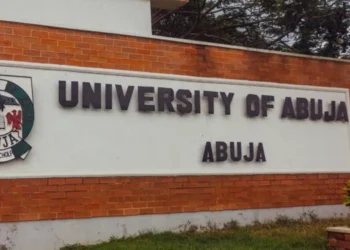
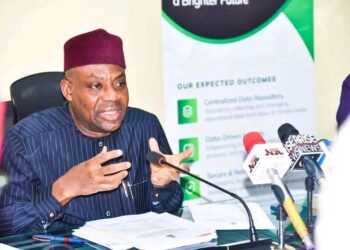
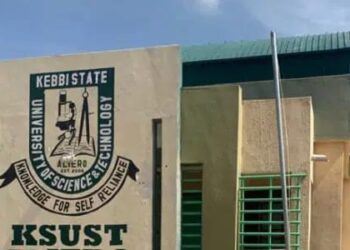
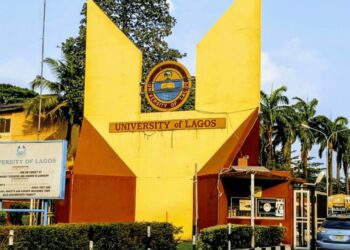

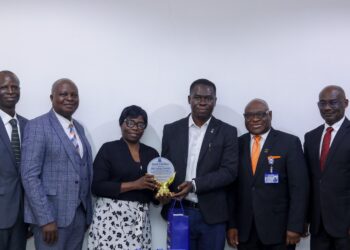










 EduTimes Africa, a product of Education Times Africa, is a magazine publication that aims to lend its support to close the yawning gap in Africa's educational development.
EduTimes Africa, a product of Education Times Africa, is a magazine publication that aims to lend its support to close the yawning gap in Africa's educational development.